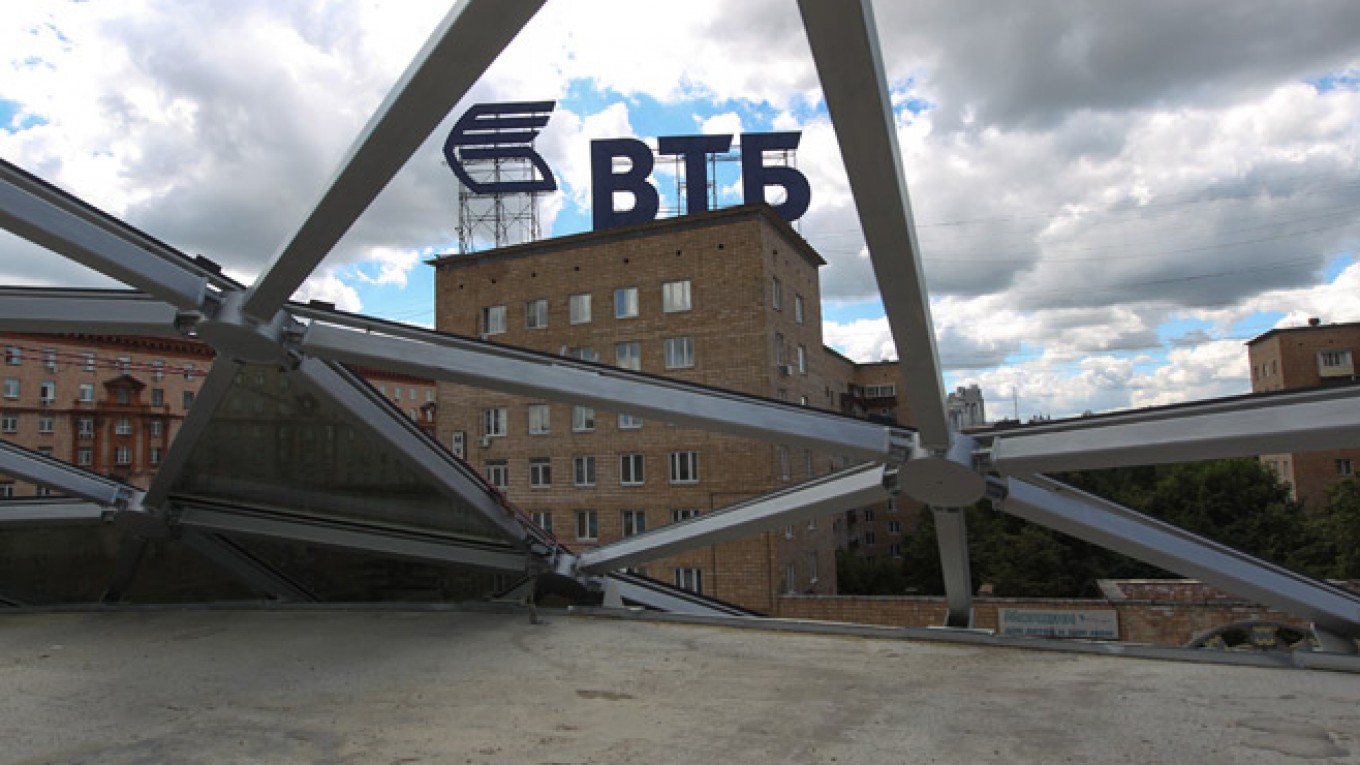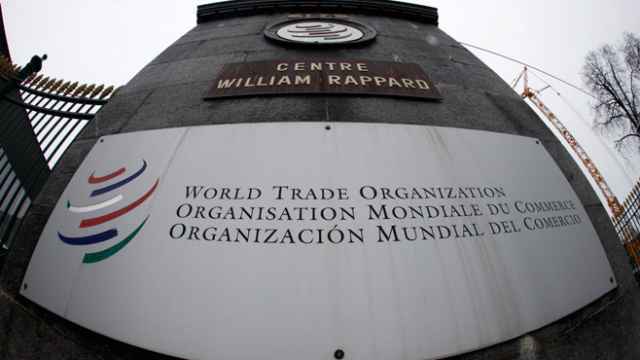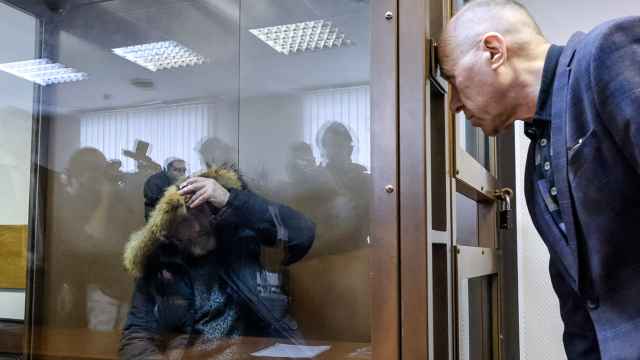Western sanctions over the Ukraine crisis could force some executives at Russian firms with foreign passports to give up certain duties, complicating life at the top of some of the country's largest companies.
U.S. and European Union sanctions bar some major Russian firms from raising new Western financing of more than 90 days. They also ban U.S. or EU nationals and companies from providing services related to the organization of long-term funding for those firms, regardless of where it comes from.
Out of the companies on the sanctions lists, Reuters has identified some with senior managers holding a Western passport, including energy firm Novatek, top lender Sberbank, No. 2 bank VTB and oil major Rosneft.
Executives with foreign passports at Novatek and VTB have already handed over responsibility for organizing new debt or equity issuance to colleagues without EU or U.S. passports.
Banking insiders say beyond the inconvenience of reshuffling roles, the problem has not yet had a major impact. But it adds to a list of Western sanctions that have produced an unintended "boomerang" effect: causing problems for Western firms or individuals, as much as for the Russian targets.
Head-hunting firms said there has been no exodus of foreign executives from Russian firms as a result of the sanctions, but the problems thrown up could accelerate an existing trend of Russians replacing foreigners in senior posts.
The financing restrictions create "certain problems with the ability of a foreign national working with or in Russia who has to do a certain job such as getting finance flows in order," said Felix Kugel, vice-president and managing director at ManpowerGroup in Russia and Commonwealth of Independent States.
Investment banks are also potentially affected. A banking source, who spoke on condition of anonymity, said Russian bankers had to step in to handle the financing of sanction-hit firms, in place of colleagues with foreign passports.
Changing Roles
Novatek, Russia's biggest independent gas producer, was the first firm to publicly acknowledge it had been forced to reassign senior roles because of the Western sanctions.
Mark Gyetvay, a U.S. citizen and Novatek's chief financial officer, or CFO, for more than 10 years, has acknowledged that he can no longer help his firm raise new long-term financing.
"None of my other primary roles and responsibilities as the CFO in Novatek have been impacted by the sanctions, except for participating in new debt issuance with maturities of 90 days or longer," Gyetvay told a conference call last month.
Novatek holds a 60 percent stake in the ambitious Yamal liquefied natural gas project, which requires investment of $27 billion. Up to 70 percent is initially expected to come from project finance through banks, including overseas institutions.
Still, Leonid Mikhelson, chief executive and a Novatek shareholder, has said the firm and the other partners in Yamal — France's Total and China's CNPC — are capable of increasing shareholder funding should there be issues with banks.
Two banking sources told Reuters that Herbert Moos, CFO at VTB who joined the group from Lehman Brothers in 2008, has a European passport. Moos said on a conference call last week that VTB's senior vice-president Dmitry Pyanov will now coordinate fundraising for the state-controlled bank.
Moos declined to comment on whether the decision was linked to sanctions. In a written response to a Reuters request for comment, VTB said Pyanov was appointed to coordinate fundraising in February, before any sanctions were imposed, while Moos is still overseeing the financial department Pyanov heads.
Last week, VTB posted an 82 percent slide in first-half net profit, saying Russia's economic slowdown and tensions over the Ukraine crisis had hit its performance.
Long-Term Risks
The impact of the curbs on who can be involved in raising long-term finance has been limited in part because sanctions-hit firms are barred from raising Western finance anyway, regardless of the nationality of the executives involved.
One person who holds a Western passport and works at a firm on the sanctions list said he had not heard of any fallout inside his company "just because there are no deals."
But this could change over the medium or longer term if sanctions are extended, or firms that will not get alternative state support run out of cash and are forced to look for other sources of finance.
Sberbank CIB, Sberbank's investment banking arm, declined to comment on whether any of its staff had adjusted their roles.
Sberbank itself said deals were always being coordinated by "a large, diversified and balanced" team, which allowed it to take all risks into account without harming business.
Top oil producer Rosneft said Western sanctions had not led to any restrictions on its top executives responsibilities, irrespective of their nationality.
Other big finance firms named in the Western sanctions lists include Gazprombank and Rosselkhozbank.
Gazprombank said: "There are no cases in Gazprombank when employees have to step away from their responsibilities or roles due to the sanctions."
Rosselkhozbank said there were no EU or U.S. passport holders among its employees responsible for capital raising.
Oleg Kozlov, vice-president at management consultancy firm AMT Consult, said he had not seen foreigners leaving Russia in massive numbers as compensation packages remained attractive.
"In the medium term, the situation could possibly change given the overall worsening in economy," he said.
A Message from The Moscow Times:
Dear readers,
We are facing unprecedented challenges. Russia's Prosecutor General's Office has designated The Moscow Times as an "undesirable" organization, criminalizing our work and putting our staff at risk of prosecution. This follows our earlier unjust labeling as a "foreign agent."
These actions are direct attempts to silence independent journalism in Russia. The authorities claim our work "discredits the decisions of the Russian leadership." We see things differently: we strive to provide accurate, unbiased reporting on Russia.
We, the journalists of The Moscow Times, refuse to be silenced. But to continue our work, we need your help.
Your support, no matter how small, makes a world of difference. If you can, please support us monthly starting from just $2. It's quick to set up, and every contribution makes a significant impact.
By supporting The Moscow Times, you're defending open, independent journalism in the face of repression. Thank you for standing with us.
Remind me later.






